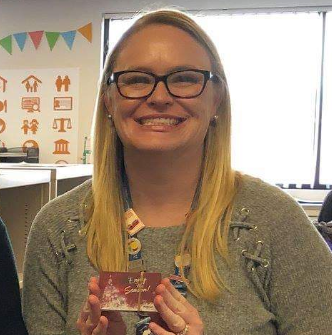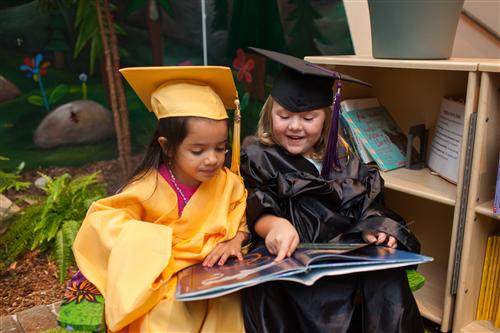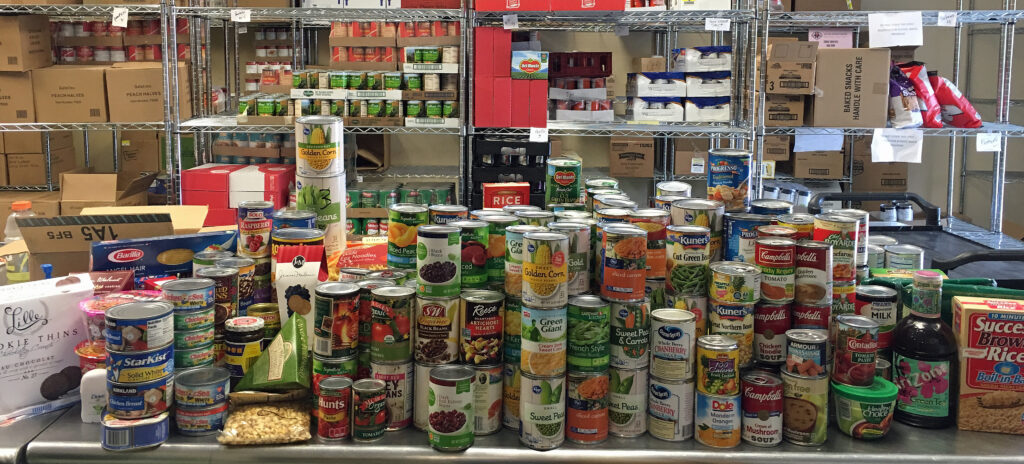Aaden was finally making progress in school. As a refugee from Somalia, the first step was to learn English before he could begin to catch-up to his classmates in his other subjects. His middle school specialized in helping kids who didn’t speak English, and his new teachers refused to let him slip through the cracks.
Aaden’s father was not able to relocate to the United States with him, his mother and two younger siblings. Assimilating into a new country after fleeing war and almost certain death in another country is hard enough, but doing it without the support of his father made survival an exhausting challenge for the entire family.
Aaden’s mom found factory work from an employer with experience working with refugee families. Along with eight or nine of her coworkers, Aaden’s mom was in a van on the way to work on Thanksgiving morning, 2015, when the van rolled over killing or injuring everyone onboard.
Aaden lost his mother that Thanksgiving morning. And what little stability Aaden had – what hope he had for a different tomorrow – died along with her.
No middle school student with two younger siblings should ever face life without parents or the ability to speak the language. The challenges were insurmountable. Any hope rested in the hearts of generous members of the community. Neither his past, nor his destiny, was Aaden’s responsibility. That obligation fell to Aaden’s neighbors, fair or not. We had to share our blessings with Aaden and his siblings who weren’t as lucky as we were.
Sheri and I raised money for Aaden and his siblings back in the fall of 2015. Aaden’s neighbors were generous, and we helped with food, clothing and other necessities as the three children moved 2,000 miles to live with an uncle on the East Coast.
We can’t solve the problem of homelessness, and we can’t pull every innocent child from poverty. But we can do our best to give as many kids as possible a fighting chance to end the cycle and have a better future. And along the way, we can help educate, inform and eradicate the stigma associated with homelessness and poverty.
We have raised over $53,000 for children in our community over the past 15 years through the generosity of people like you who care enough to give the most innocent and vulnerable among us a chance.
We are in the second decade of our partnership with the Homeless Education Network. This understaffed and underfunded department in Denver Public Schools is managed by Anna Theisen. Along with her small staff of loving liasons, Anna helps thousands of homeless students stay in school and on a path to survival.

The Homeless Education Network uses a combination of government funding and private donations like ours to provide transportation, food, clothes and necessities for kids who don’t have the basics required to get through the day. Their task is enormous and growing, and the Homeless Education Network liaisons do their best to keep up financially and with the workload. Sheri and Matt think of them as dedicated saints trying to make the world a little better, one child at a time.
Here’s how Anna describes the work of the Homeless Education Network: “Did you know that 1 in 36 students attending Denver Public Schools will face housing insecurity and experience homelessness at some point during their school years? Students experiencing homelessness face many education barriers and worry about not having their basic needs met.”
“The Denver Public Schools Homeless Education Network works to eliminate these educational barriers for students and cannot do this work without the help and generosity of the community.”
“For the past 15 years Matt and Sheri Salis have been strong supporters of our program and students. They are dedicated to helping them succeed in school. Through their generosity, funds have been provided to help purchase school supplies, school uniforms, winter coats, emergency food, hygiene supplies, and help pay school fees so our students can attend field trips. Funds have also helped to support our graduates with their cap and gown fees!”
“Matt and Sheri have done all of this with hearts full of love and service. We appreciate their continued support and dedication to our students. We know that education is the key to helping students achieve their dreams!”
I asked Anna recently how she keeps going. She is very intelligent and has earned promotions and advancement. But she stays at HEN. She stays with the homeless students that depend on her.

She did not hesitate when she told me why she keeps doing what she does, year after year. “It’s what I am here to do. It’s my calling.” Most people never find their calling. Anna smiled with contentment. Her confidence made me glad that our community’s most exposed children are in her loving hands.
Backpacks that nourish.
Children experiencing poverty and homelessness receive two balanced meals a day during the week throughout the school year. But the weekends are a challenge and hunger is rampant. It is often a struggle to get through Saturdays and Sundays, and back to school where nourishment awaits.
Sheri and Matt have over a decade of experience with a solution to weekend hunger for struggling students. Backpacks programs are gaining popularity nationwide because they are an effective way to get food into the mouths of our hungry kids.
Here’s how it works: Before leaving school for the weekend, the kids with food insecurities stop by the office to pick-up their weekend backpack full of food. On Monday morning, they return the backpack to be replenished for the next weekend.

The food is often collected from community sources by the school’s PTA. Sheri and Matt have packed a lot of food in backpacks over the years, and now, they plan to use the resources of Stigma to expand the program.
We will pair stable and affluent schools with schools with populations that face economic challenges. The partnering schools will work together with Stigma to fund food purchases, collect food donations and staff volunteers to prepare the backpacks.
There really is plenty of food to feed the hungry. There are also plenty of people with time and money to offer. The logistical challenge is to bring the resources and the needs together. That is the role Stigma was born to fill.
If you would like to learn more or need help getting a, “Backpacks that Nourish,” program started at your local school, please contact Sheri at [email protected].
